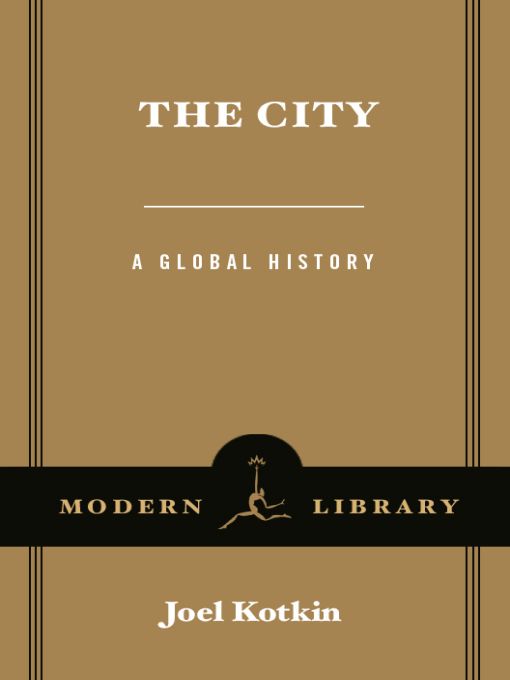
The City
A Global History
کتاب های مرتبط
- اطلاعات
- نقد و بررسی
- دیدگاه کاربران
نقد و بررسی

March 1, 2005
A Los Angeles -based senior fellow at the New America Foundation in Washington, DC, Kotkin ("The New Geography") offers a brief but thorough overview of cities in a global context. Kotkin limns the salient aspects of imperial, classical, "Oriental," Islamic, and industrial cities and dispersed suburbanized conurbations, focusing on two themes: the universality of the urban experience and the need for all successful cities to combine sacred or moral purpose, a security-providing political structure, and a commercial base centered on a viable middle class. Civilization, the author argues, is inextricably linked to life in cities, entrepots for both material goods and ideas. Whether in Mesoamerica, in Mesopotamia, or along the Mediterranean, municipalities have flourished as places of relative tolerance and creative energy. Kotkin cites the alarming "deurbanization" of some late 20th-century American metropolises, where rising crime rates caused residents to flee, an instance that echoes the evacuations of late classical times. Seasoned with quotations from contemporary observers and buttressed by endnotes, this lyrically written reflection is recommended for all libraries. -Frederick J. Augustyn Jr., Library of Congress
Copyright 2005 Library Journal, LLC Used with permission.

April 1, 2005
Startlingly brief for such an ambitious title, Kotkin's evolutionary narrative is less an examination of individual urban centers than a strategic, accessible narration of urbanism in general from ancient Mesopotamia to the present. As places "sacred, safe, and busy," cities rise and thrive by their ability to become and remain concentrated, effective sites of worship, security, and commerce. But, as Kotkin's gently functionalist comparative analysis shows us, cities struggle when they fail to cultivate a sense of community and common identity among their diverse inhabitants. Whether threatened by barbarians or suburbs, he continues, a city's health depends upon its ability to keep the centrifugal forces of politics and economics from dispersing its sacred urban space. A rejoinder to " Guns, Germs, and Steel"? Perhaps. Also a bold synthesis of urban historian Jane Jacobs and -anthropologist-theologian Mircea Eliade. Some readers may find each stop on Kotkin's whirlwind tour too brief, albeit nimbly presented. Luckily, he includes an excellent bibliography.(Reprinted with permission of Booklist, copyright 2005, American Library Association.)

























دیدگاه کاربران